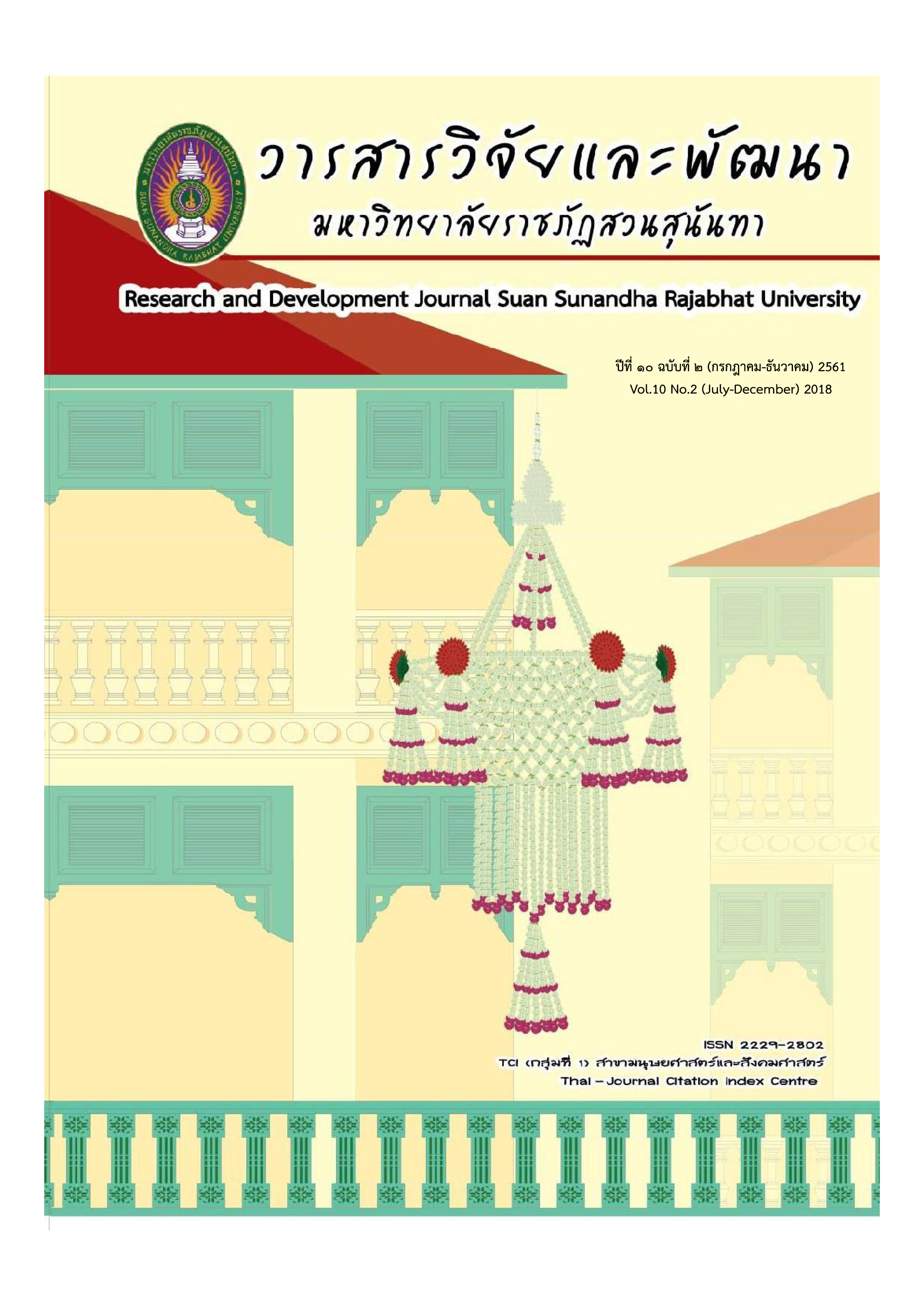The Impact of Early Childhood Mother Tongue Interventions on Grade 1 Literacy Skills of Ethnic Minority Children in Thailand
DOI:
https://doi.org/10.53848/irdssru.v10i2.163801คำสำคัญ:
Early Childhood, Grade 1, Literacy Skills, Thailandบทคัดย่อ
Some 7000 languages are spoken in the world today. Nonetheless, the global push for early childhood education has been largely silent on the issue of language. This has unintentionally provoked a crisis of linguistic loss in ethnic minority communities throughout Asia, as children are placed in ECD centers where caretakers do not speak their mother tongue. Some governments actively promote national language or English language ECD as a “solution” to the language “problem” of minority children—violating a host of United Nations declarations related to the linguistic and cultural rights of indigenous and ethnic populations.
This paper examines the link between mother tongue preschools and national language literacy skills among Hmong speaking ethnic minority children in Northern Thailand. Four pilot “Multilingual Education” (MLE) program schools in which the Hmong language was used as the main language of instruction in preschool and the early primary grades were paired with four comparison schools where Hmong children were taught exclusively in Thai.
เอกสารอ้างอิง
Hartwell, A. (2013). Policy matters: Early grade reading policy toolbox. ms. University of Massachusetts, Amherst.
Khaosod English. (2013, September 23). 32,000 Six Graders Are Illiterate: Education
Official. Retrieved November 24, 2016, from http://khaosodenglish.com/news/crimecourtscalamity/2013/09/23/1379945963/
National Institute of Educational Testing Service (NIETS). (2015). O-NET (Ordinary National Educational Test). Retrieved October 10, 2016, from http://www.niets.or.th/en/catalog/view/2211
UNICEF (2018). Bridge to a Brighter Tomorrow: The Patani Malay-Thai Multilingual Education Programme. Bangkok: UNICEF Thailand
ดาวน์โหลด
เผยแพร่แล้ว
รูปแบบการอ้างอิง
ฉบับ
ประเภทบทความ
สัญญาอนุญาต
บทความที่ได้รับการตีพิมพ์เป็นลิขสิทธิ์ของ สถาบันวิจัยและพัฒนา มหาวิทยาลัยราชภัฎสวนสุนันทา
ข้อความที่ปรากฏในบทความแต่ละเรื่องในวารสารวิชาการเล่มนี้เป็นความคิดเห็นส่วนตัวของผู้เขียนแต่ละท่านไม่เกี่ยวข้องกับมหาวิทยาลัยราชภัฎสวนสุนันทา และคณาจารย์ท่านอื่นๆในมหาวิทยาลัยฯ แต่อย่างใด ความรับผิดชอบองค์ประกอบทั้งหมดของบทความแต่ละเรื่องเป็นของผู้เขียนแต่ละท่าน หากมีความผิดพลาดใดๆ ผู้เขียนแต่ละท่านจะรับผิดชอบบทความของตนเองแต่ผู้เดียว





